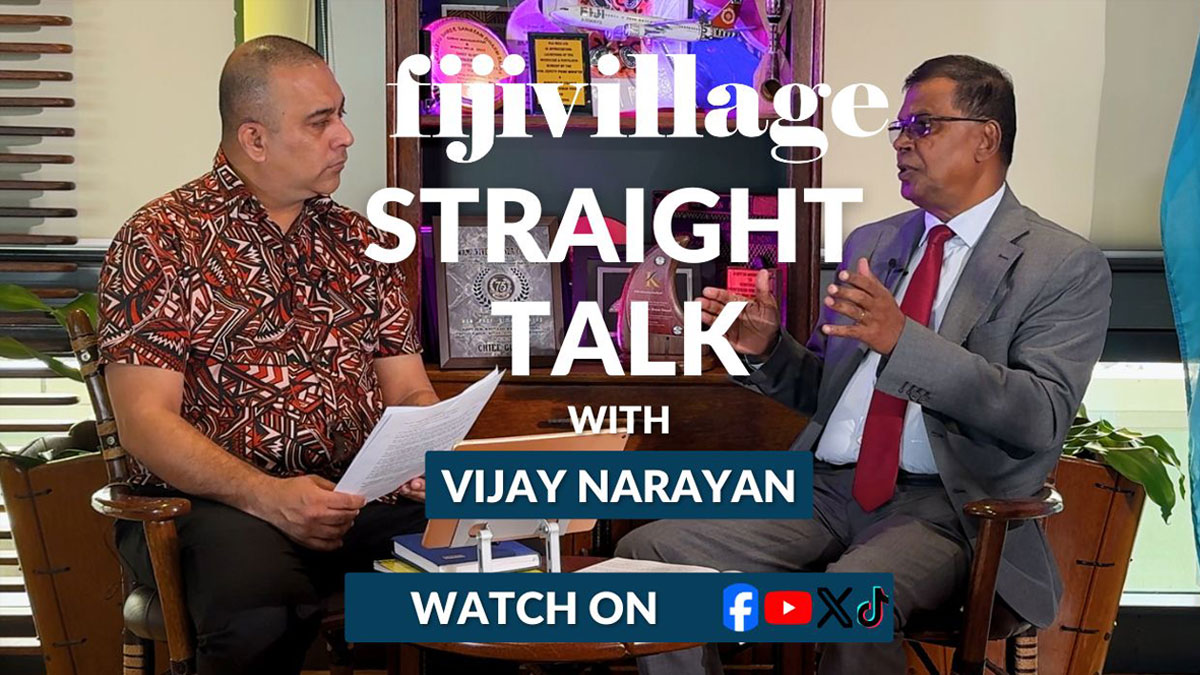
The Fiscal Review Committee Report states that the Department of Social Welfare is acting largely as an underfunded, “hand-to-mouth” Government distributor of funds.
The report says this is being done without the data or assessment tools to “graduate” clients whose situations have improved, delaying consideration of some applications for funding reasons and lacking an integrated understanding of who its clients are and what future trends are indicated by the current data.
The Committee says they have heard repeatedly that a lack of good data means that many people who originally qualified for support (Social Welfare, “Lifeline” electricity tariff support and free water supply) may no longer qualify but remain supported.
The report says because there is little or no useful data, or requirements that beneficiaries update personal information, it is difficult to “graduate” beneficiaries from social support when they no longer need it.
The Committee emphasised that this is not about cost-saving but it is about value for money.
The report says that the same limited social expenditure needs to be targeted at those who need it now, not those who historically qualified for it but no longer need it.
The report also says the Department appears now to have support for upgrading its database.
It also says this is to make better use of its data, which is a positive first step, however the Ministry and the non-government sector in the welfare space – faith-based organisations, charities and non-government organisations – have little or no organized co-ordination or ability to leverage each other’s information and resources for more efficient support. The report further says they appear to have been working “in silos”, as this was evident during the pandemic and this has to change.
The committee says they are aware that the Assistant Minister has been meeting CSOs in an effort to identify their key functions and document work being done and how they can work together.
The report recommends that they should improve readiness for better social outcomes after economic shocks, including climate events such as cyclones.
The report also says it must be more comprehensive than simply opening and closing evacuation centres.
The report adds that better use and guidance to those in need to available (and sometimes underused) Government services, particularly people who are living in remote locations, have special vulnerability (eg age and disability) and those with less education.
The report adds there are numerous programmes, spread across different Government functions, aimed at assisting the poor and the most vulnerable and the targeted assistance to them makes sense at every level.
Stay tuned for the latest news on our radio stations

